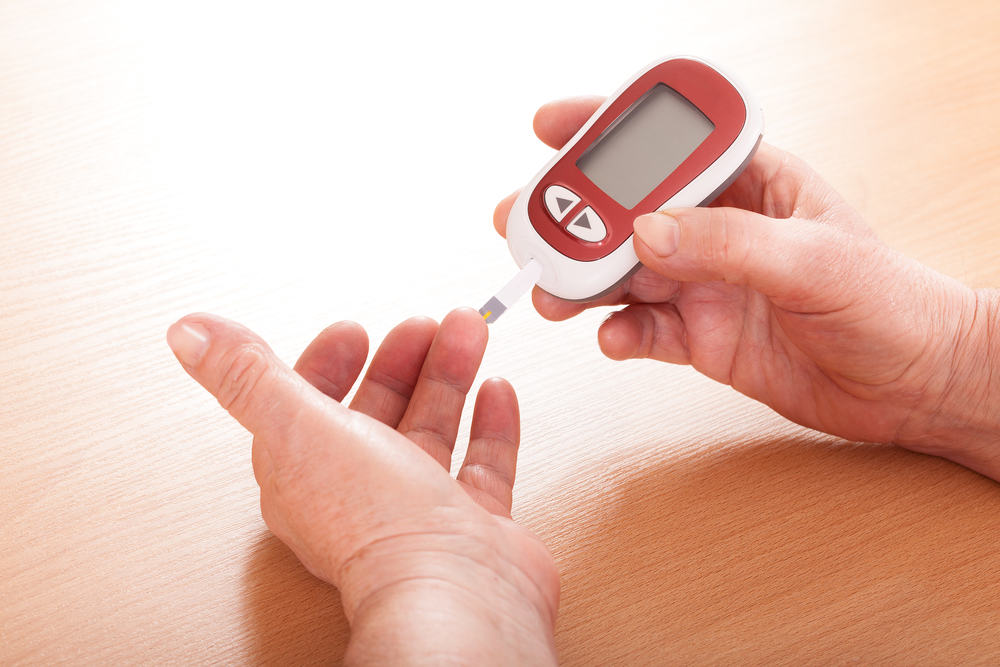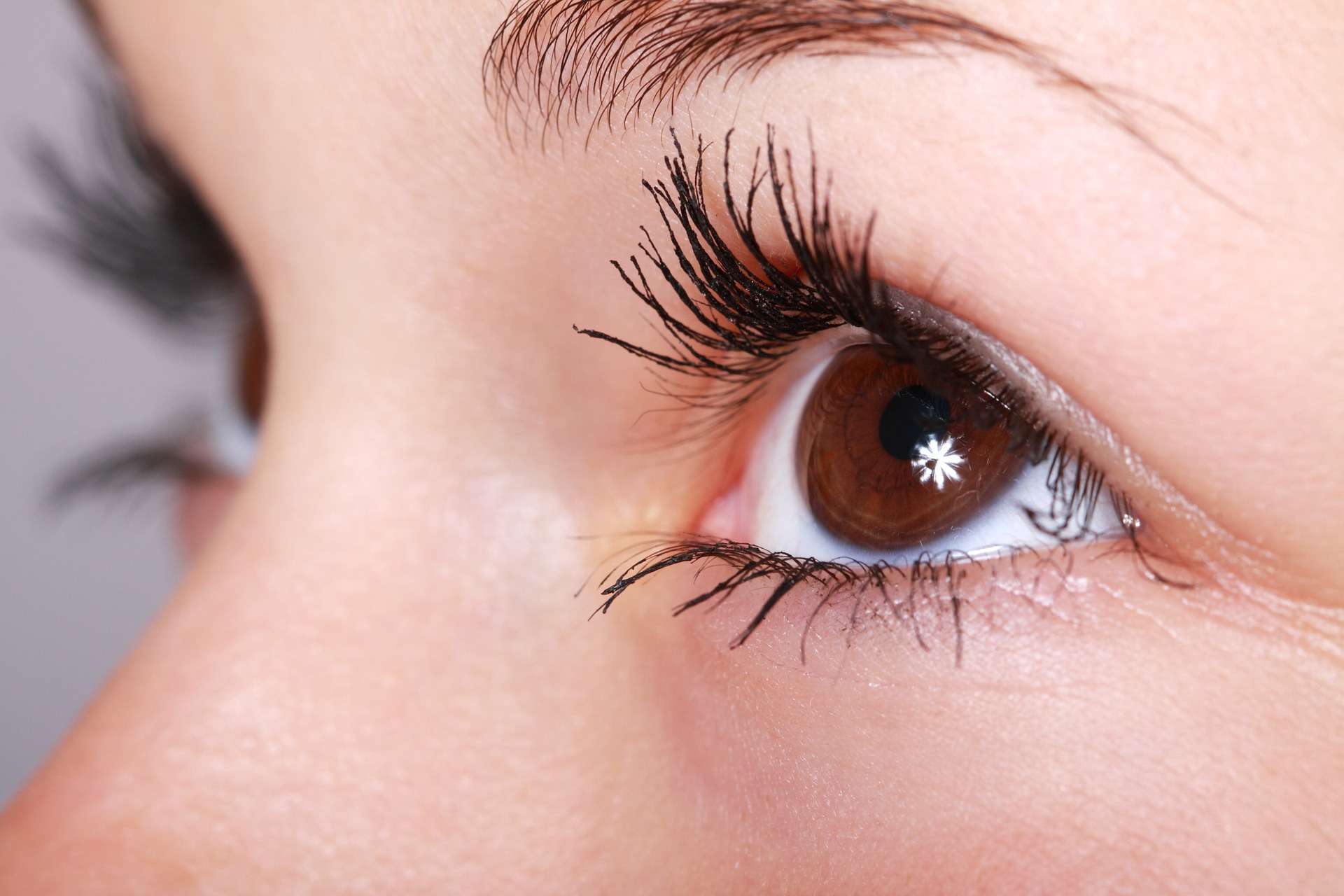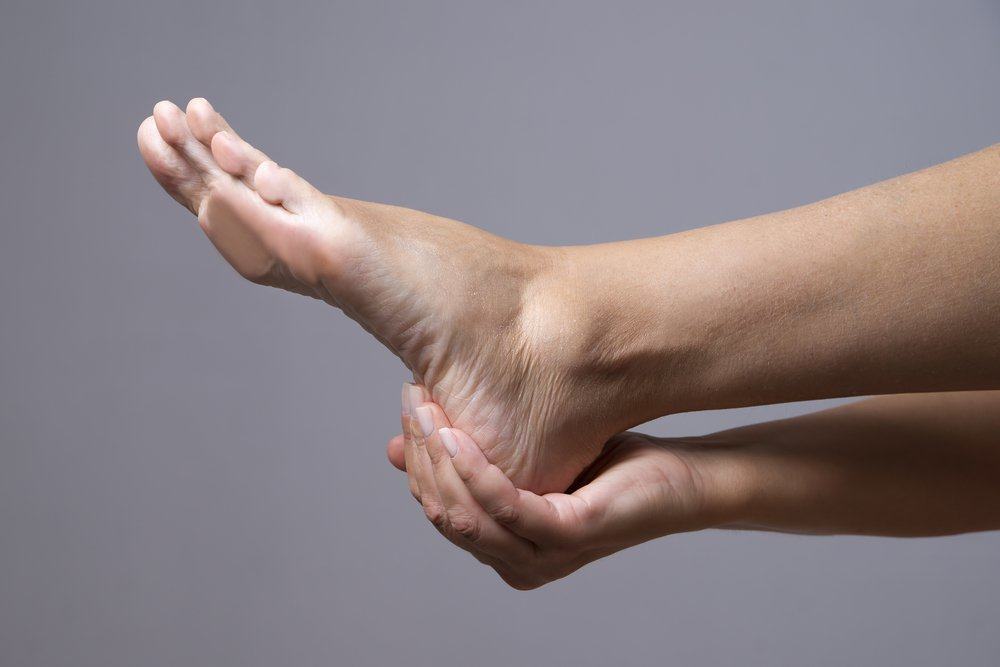Contents:
- Medical Video: Don't Ignore These Early Symptoms of Kidney Disease
- Disease that is often characterized by cold feet
- 1. Raynaud's disease
- 2. Anemia
- 3. Frostbite
- 4. Peripheral arterial disease
- 5. Hyperhidrosis
- 6. Diabetic nerve damage
- 7. Other nerve damage
Medical Video: Don't Ignore These Early Symptoms of Kidney Disease
Have you ever felt cold feet at night? Basically, feet can be cold for various reasons. Generally cold feet are caused by cold environmental factors and the body's response to anxiety.
When we are exposed to cold temperatures, blood vessels in the legs and other areas experience constriction which causes cold parts of the body, such as the hands, feet and others. In addition, a decrease in blood flow that occurs also causes reduced oxygen in the peripheral parts of your body, thus making the skin a bluish color, or the medical language is called cyanosis.
Now this condition will worsen when you are in a silent position or minimal movement such as sleeping at night, being in an air-conditioned room for too long, or anything else that causes the body to be exposed to cold air for a long time. These cold feet are sometimes accompanied by cramps in the lower legs, tingling, until numbness.
Coldness in the legs or arms is really nothing to worry about. Because, it is indeed the body's response to slowing down body temperature. But if you often experience cold in the legs without a clear reason, then this is likely to indicate a particular disease.
Disease that is often characterized by cold feet
Here are some diseases that make you often experience cold feet:
1. Raynaud's disease
Raynaud's disease is a condition in which small arteries that carry blood to the skin experience constriction which limits circulation in some areas such as fingers, toes and ears. This condition occurs due to exposure to cold temperatures or even stress. This disease, also called Raynaud's phenomenon, is more common in women and in people who live in cold climates.
People who experience Raynaud's disease, in addition to feeling cold in certain parts of the body, usually also experience skin discoloration in the affected area. The skin is initially pale white, then blue and then becomes red when exposed to warmth.
2. Anemia
Anemia is a condition in which you lack healthy red blood cells to carry oxygen throughout the body. The most common symptom of anemia is feeling weak and tired, often experiencing cold in the hands and feet, dizziness, shortness of breath, headache and having pale skin.
3. Frostbite
Frostbite or in the medical language frostbite is a condition in which some organs of the body experience freezing and damage due to exposure to excessive cold temperatures. Forstbite generally occurs in parts of the hands, feet, cheeks, ears and nose chin.
The signs and symptoms of frostbite are that you experience cold skin, feels like prickling, a tingling sensation, numbness and reddish skin. If it is not immediately treated, frostbite can be a very serious wound such as loss of skin, fingers, and even deformed feet.
4. Peripheral arterial disease
Peripheral artery disease is a common condition that occurs when cholesterol, fat or some other substance clots on the artery wall. This clump forms a hard structure called plaque which causes the artery walls to narrow. This can limit the flow of oxygen in the blood to the organs of the body and other body parts. Usually, the earliest sign of this symptom is feeling uncomfortable, cold, pale, cramped, cold skin, and pain in the affected area.
5. Hyperhidrosis
Excessive sweating or the medical language of hyperhidrosis is a condition that occurs when excessive sweating when not triggered by the temperature of a hot environment or heavy physical activity. Hyperhidrosis generally occurs due to an increase in sympathetic nerve activity which causes narrowing of the arteries and a decrease in blood flow. So that makes the body experience cold sweat.
6. Diabetic nerve damage
Diabetic peripheral neuropathy is a type of nerve damage that can occur in diabetics who have chronic high blood sugar levels. Symptoms include numbness, tingling, heat, pain and coldness in the feet or hands. Symptoms usually get worse at night.
7. Other nerve damage
In addition to nerve damage from diabetes, you can also experience peripheral neuropathy due to injury or other medical conditions. The nerve pain that causes cold feet can be an indication of the effects of vitamin deficiencies, kidney or liver disease, infections, metabolic problems, or even exposure to such toxins. This condition may also be a result of genetic factors.












